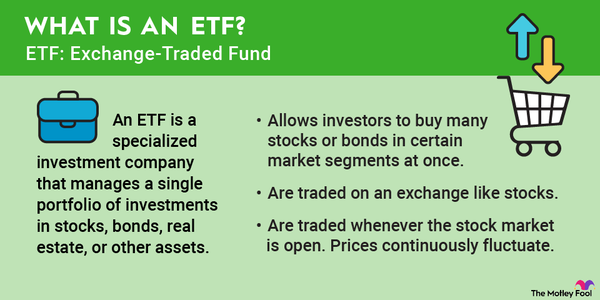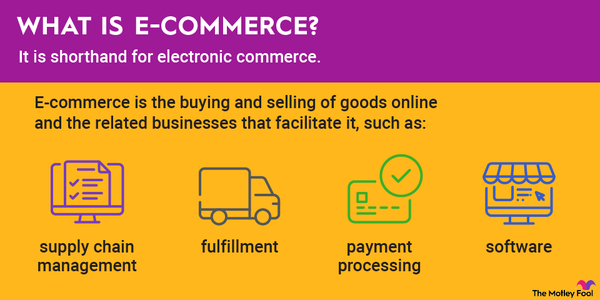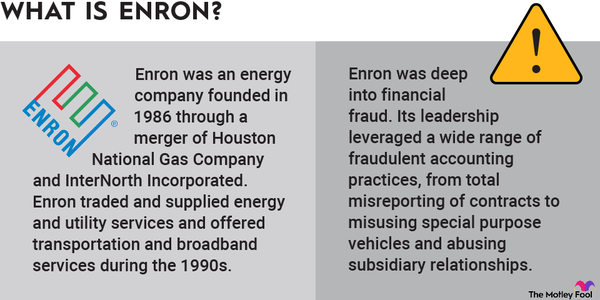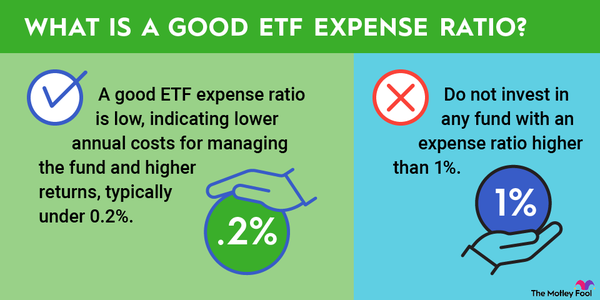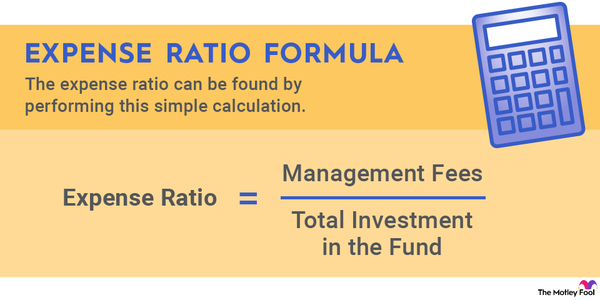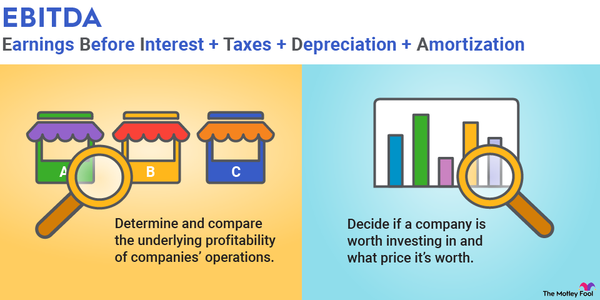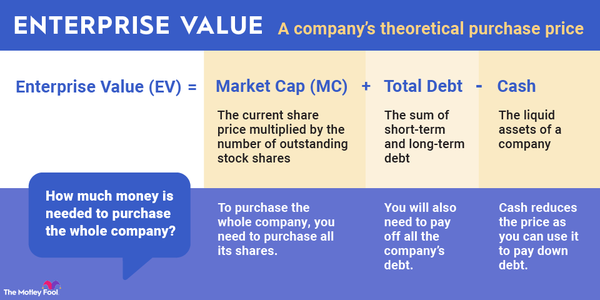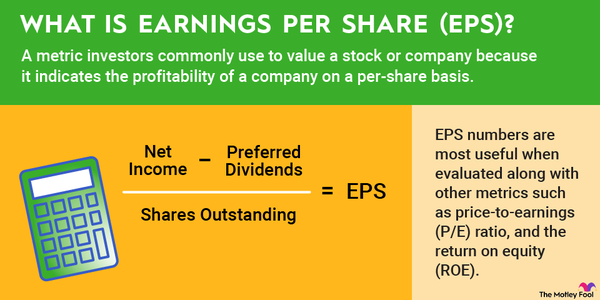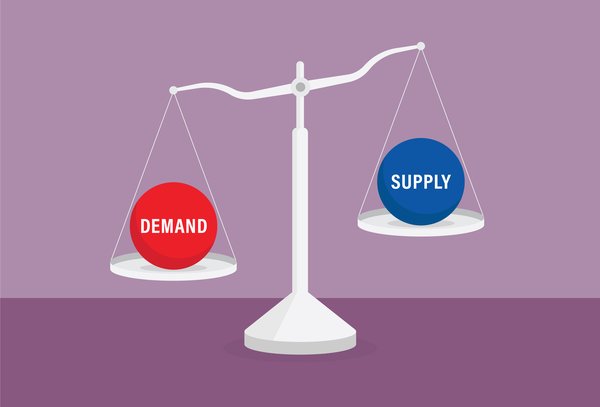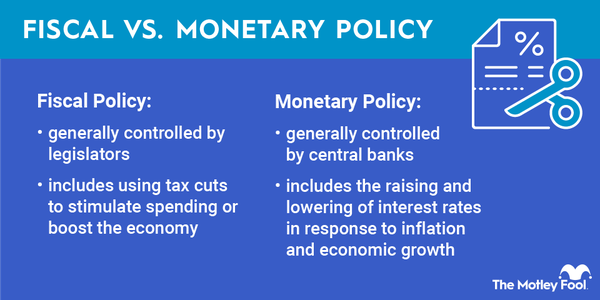It costs a lot of money to start and grow a business, which is why so many companies rely on various types of financing. One such type of financing is equity financing, which may not be what you expect. It's a great tool for businesses that are looking for ways to expand without incurring a lot of risk.

Definition
What is equity financing?
Normally, when people think of financing, they think of incurring debt, like by taking out a loan. But for businesses, there's another option: equity financing. In equity financing, rather than borrowing money, a business sells part of itself to an investor or many investors. This is a way for it to raise capital without being obligated to make a payment it may not be able to guarantee during a growth phase or start-up period.
While selling shares to the public is a common way to do equity financing, companies can also take advantage of angel investors, crowdfunding platforms, venture capital funding rounds, and corporate investors, who may have a related business that has a significant interest in the product the company seeking funding is producing.
Pros and cons
Pros and cons of equity financing
Equity financing is a relatively easy way for a company to grow its operation, or to get start-up money, if it's still just an idea in someone's mind. Using equity financing means that it's not incurring debt that it may not be able to repay, either due to being in an early stage of growth, or because it's trying something new that could be risky and not profitable enough to generate revenue to cover the risk.
On the other hand, equity financing exposes these companies to significant disruption from new stakeholders who may have large interests by the time the equity financing is done. If a company's leadership wishes to retain control and not have its decisions questioned by new people who may have not come into the idea on the ground floor, equity financing isn't really an option.
Equity financing vs. debt financing
Equity financing versus debt financing
Equity financing and debt financing kind of sound like they may be similar things, but they're actually quite different. Equity financing requires a company to sell part of itself; debt financing occurs when a company takes on new debt in the form of loans or other financial agreements that require a regular payment.
With debt financing, the leadership of the company retains its ownership, but risks issues like bankruptcy if it's unable to meet its financial obligations. Debt financing is great for established companies trying to expand operations with plenty of cash on hand, but it's much more risky for smaller or younger companies that may not yet have significant savings for debt payments.
Related investing topics
Why it matters to investments
Why equity financing matters to investors
Equity financing is really important to investors -- in fact, it's a big part of what investors regularly do. Although there are lots of private investors who participate in equity financing, companies that are publicly traded also deal in equity financing every time they offer a new stock issue. The same is true for companies going through an initial public offering (IPO).
Without equity financing, there would be no stock market, no New York Stock Exchange, no Nasdaq, and you'd be greatly limited in what you can buy as an investment. Equity financing matters greatly, especially if there's a company you're really interested in that's about to IPO.
New companies issuing stock for the first time will disclose what they're planning on doing with the money they raise, which is definitely something that deserves your attention. Often, it's to pay down debt, but it can also be to expand operations or reorganize the company in some meaningful way. You should learn about equity financing, and whether you think it makes sense for the company, since you'll have little else to go on besides the company's word until the first real reporting period is over.







